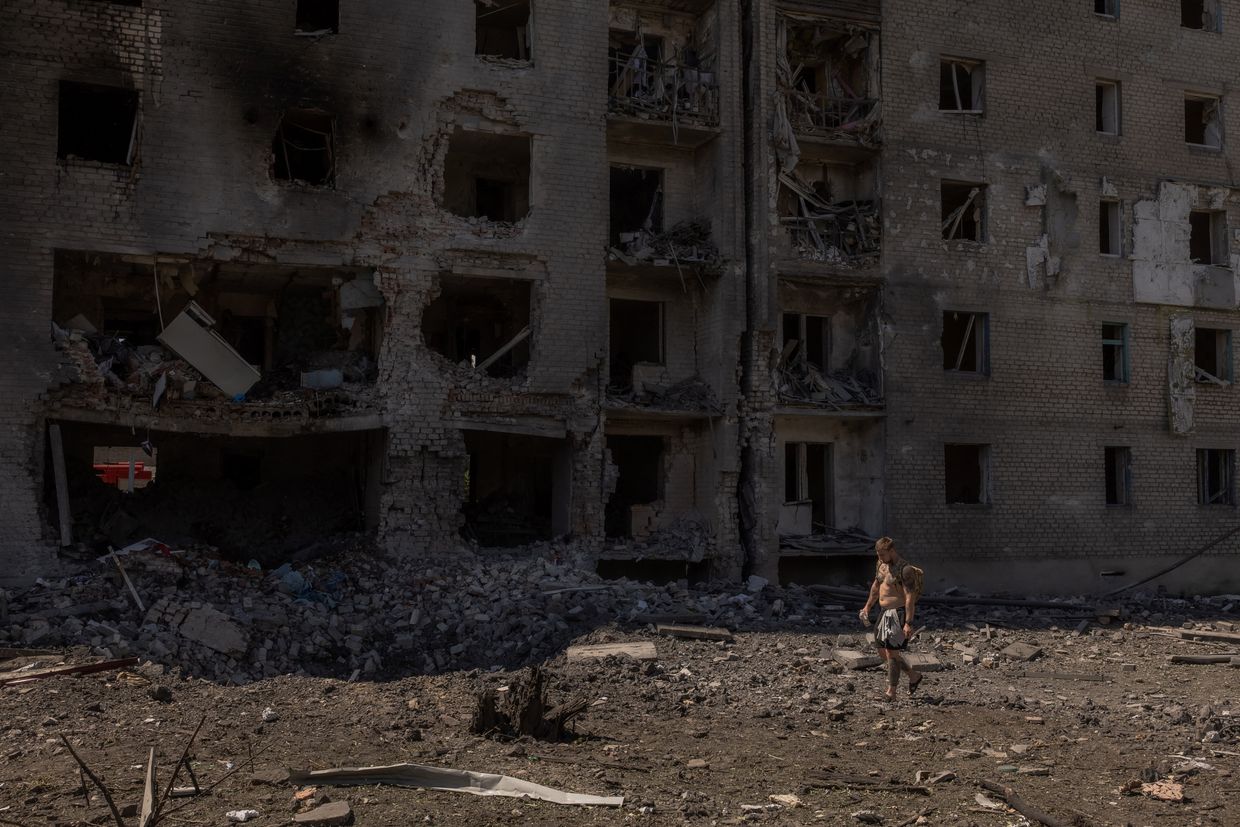US imposes sanctions on nearly 400 individuals, legal entities, including Putin's relative

The U.S. imposed sanctions on Oct. 30 against nearly 400 entities and individuals directly or indirectly involved in supporting Russia in its war against Ukraine, the U.S. State Department announced.
The U.S. and its allies regularly introduce new restrictions on entities and individuals that fuel Russia's aggression in Ukraine and help Russia circumvent sanctions.
The recent limitations are applied to companies involved in sanctions evasion networks in 17 jurisdictions, including China, India, Malaysia, the United Arab Emirates (UAE), Thailand, and Turkey, according to the U.S. Treasury Department.
The U.S. Treasury Department added about 40 foreign companies to the sanctions list and expanded controls over nearly 50 other organizations to limit the illegal flow of "sensitive dual-use goods" to Russia.
The export of precursors to Russia and Belarus was also restricted in order to prevent the production of components that could be used on the battlefield.
The sanctions were imposed on a company that transported equipment for the Russian Arctic LNG 2 project and a network of shipping companies from the UAE and Singapore involved in the purchase of liquefied natural gas (LNG) transportation vessels for Russia's Novatek company.
Besides, three subsidiaries of Rosatom, the Russian state nuclear energy company, were sanctioned as well.
"The U.S. and our allies will continue to take decisive action across the globe to stop the flow of critical tools and technologies that Russia needs to wage its illegal and immoral war against Ukraine," said Treasury Deputy Secretary Wally Adeyemo.
The U.S. Treasury Department also sanctioned Russian Deputy Defense Ministers Pavel Fradkov, Andrei Bulyga, Alexander Fomin, and Viktor Goremykin.
Fomin was appointed deputy defense minister in early 2017, Goremykin in July 2022, Bulyga in March 2024, and Fradkov in June, already after Andrei Belousov became the new head of Russia's Defense Ministry.
In addition, the U.S. sanctions list includes Anna Tsivileva, the great-niece of Russian President Vladimir Putin, who has been under European Union sanctions since 2023.
"The new package is clearly focused on intensifying actions against Russia’s circumvention efforts and supply networks by targeting both entities supporting the aggressor’s military-industrial complex and those in third countries involved in sanctions evasion," said Yuliia Pavytska, manager of the sanctions program at the KSE Institute, a think-tank at the Kyiv School of Economics.
"Important features of the new package include its broad geographical scope (encompassing intermediaries from China, Hong Kong, Turkey, India, the United Arab Emirates, Switzerland, Malaysia, Thailand and others), two Swiss nationals who are key facilitators of Russian assets and cash flows, sanctions on three Rosatom subsidiaries, and further measures targeting Russia’s LNG export capacities."
However, she noted "the absence of actions targeting the Russian shadow fleet in this package" and urged "our U.S.-partners to return to a vessels designation strategy as soon as possible."












